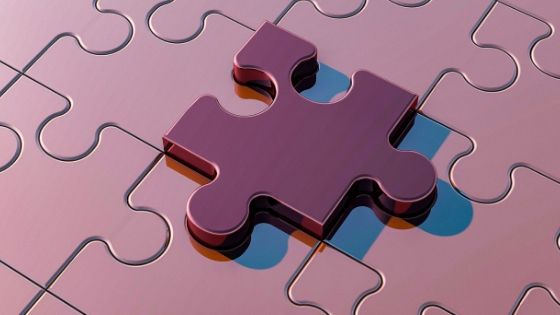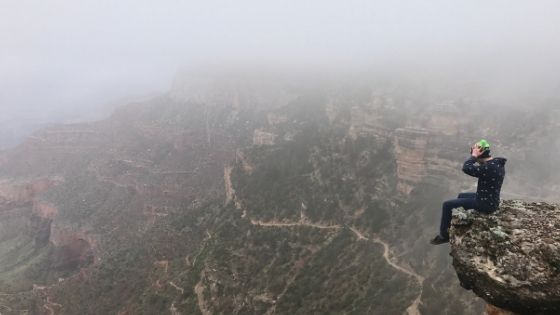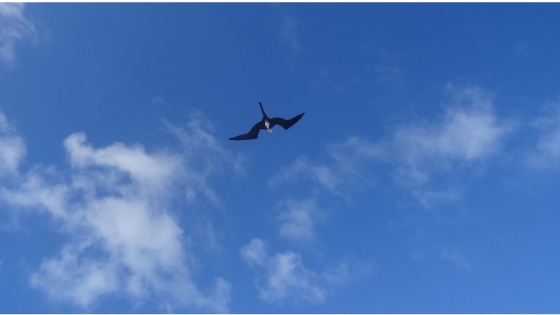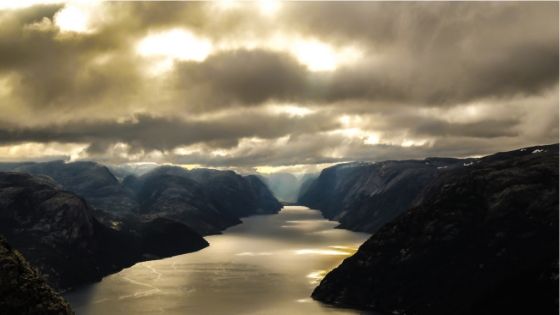When we talk about our life experiences as necessary for our soul growth, an obvious question is, which ones? Throughout the course of our lives, we probably have thousands of experiences, so which ones help us grow? It’s easy to think that the practices we feel may be more spiritual in nature or done as part of a spiritual tradition are the experiences that will help shift our consciousness. It’s almost as if there is an assumption that if the activity or technique is spiritual or consciousness-related, that we need to take ourselves out of our everyday life to connect with our soul selves in order to make those consciousness shifts. That these shifts are reserved for specific times and places that are away from our everyday experiences. And while I think it’s essential to have places to help us with that connection, and I also feel that spiritual practices and techniques are absolutely necessary to help us do the work and help us with our consciousness shifts, I don’t think they are the only way we do this.
In my blog “How You Are Already Living Your Soul Purpose”, (link) and the first episode of the podcast, (link) I talked about our time inside the lock and how all the water flows in and lifts us up to the next level. The water that helps us get to the next level, or make those shifts in consciousness, represents all of our life’s experiences. All of these experiences that we have in the lock contribute to the incremental growth that we do in order to make those consciousness shifts. It’s also where we spend most of our time. If we as souls are here on planet Earth to explore and grow, then that means that whatever is here, whatever we have to work with has information for us or is in some way to help us grow.
It isn’t just the situations that we see come up over and over again that are helping us, but also the everyday situations and choices that, on the surface, don’t seem they have a pattern to them. Because what we are learning is so complex and very deep, some experiences we have are for healing and reflection, some are for developing and learning, some are for working in, and some for integration and embodiment. Maybe you are in a time of reflection and healing, so maybe you take a vacation, or go on a retreat. Maybe you are in a preparatory phase, learning techniques to make connections or support your growth, so you may be working with meditation, reading books on personal growth, doing a cleanse, listening to podcasts, or seeking out counsel. Or maybe you are in that soul pattern situation working it for integration and embodiment.
Probably the biggest question that comes up at this point is why would we need the on-the-ground, human experiences to help our souls grow? Why would we need to embody them, why do we need to experience life at the human level?
Personally, I think it’s because we’re not here to learn theory. I think we’re here to experience theory; physically, emotionally, and energetically. I think it’s these embodied experiences that give us a true understanding of what we are trying to learn and grow around. Another way of looking at it is as an exploration of our spiritual selves in physical form.
I think the biggest reason why we want to do it this way is the difference between theory and practice. A discarnate soul would have theoretical information about what it needs in order to grow. I mean, I would at least think that would be true. But do they have experiential knowledge or a practical understanding?
In the 4 Agreements, Don Miguel Ruiz writes that the key to healing is forgiveness. We can intellectually understand the concept of forgiveness and how important it is to any spiritual development. And as a thought or concept, it’s a simple thing and it makes sense. But what does that mean? How do we do that, how do we forgive? Without our human experiences, we have no context of what it feels like to need to forgive, how hard it can be to forgive, why it’s hard to do that, and why it’s so important that we do from an inner perspective.
I think of it in a kind of mind-body way. Intellectually we can learn or know something, a concept, a theory, or even how something works. But we don’t understand it until we do it. If you think about when you learned to drive a car, initially you got a lot of theory. You had to learn about the instruments, where they were, how to work them when to work them, the rules of the road. But when you actually got behind the wheel and started driving, you realized that there is a big difference between knowing the information and having the experience of driving the car or putting all that information into action in real time with pretty high stakes. You didn’t understand that information until you did it. You knew you needed to be a certain distance away from another car, but how do you judge that spatially from the inside? How do you gauge where your car is in relation to other cars, cyclists, or pedestrians? How do things change in different weather, or at night? What do you do if someone decides to not follow the rules and run a red light?
To me, it’s in this experiential understanding where wisdom and growth is.
I also think there is another reason why we need to work with our human experiences.
In the last episode, (link) I talked a little about really why we are doing this work from a soul perspective, and how important it is to make these connections to ourselves and to Source. There is another piece.
We’re not just connecting things up for ourselves. Another reason why I think it is important to experience and embody this information through our everyday life experiences is that they usually involve working in relationship with others. I think what this work does is help us to create connections with others at a soul-level. You may have heard of what is probably the biggest spiritual concept which is “all is one” and that the pain we feel in our lives is the pain of separation from our deeper selves which is a reflection of the separation we feel from Source. But if all is one, then others are also the whole and part of the whole. The more we understand and develop those pieces in ourselves, the more we have with which to connect with others who are also part of Source and with Source. We’re all in this together. It’s easier to have compassion and empathy with someone when you can connect to that space within yourself, the integrated piece that resonates with the other. That’s the way we move from feeling separation to feeling a connection. And I think the only way we can really understand that, feel that, is by experiencing all aspects of it.





